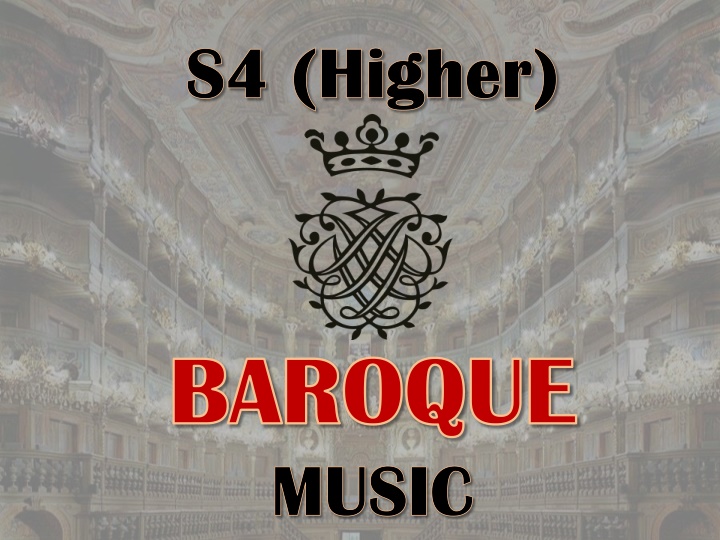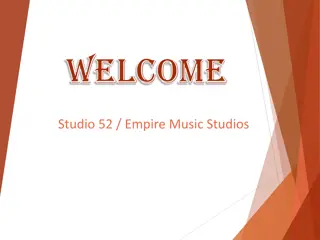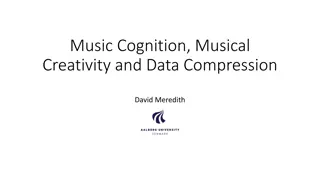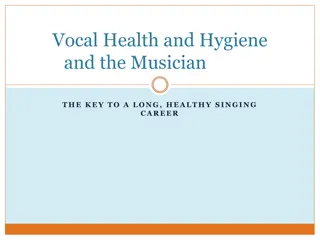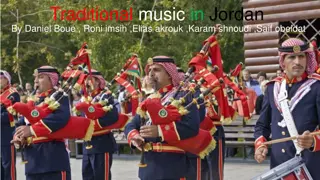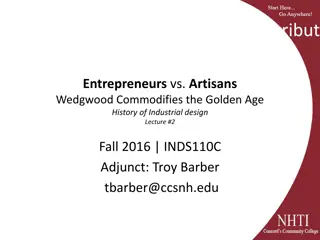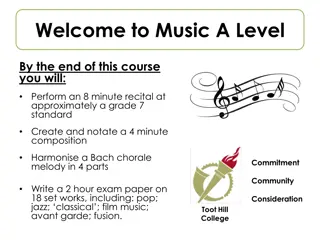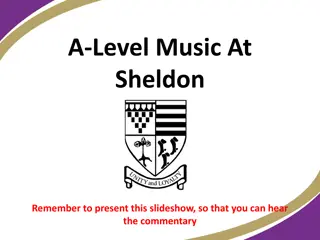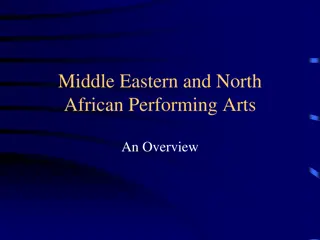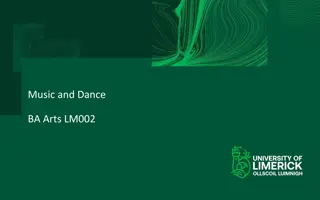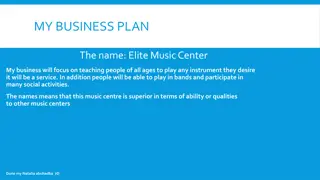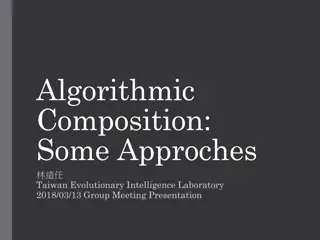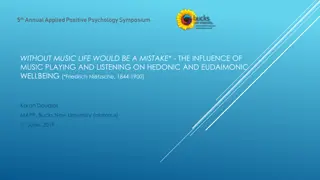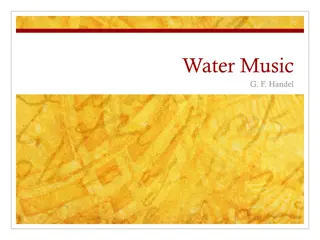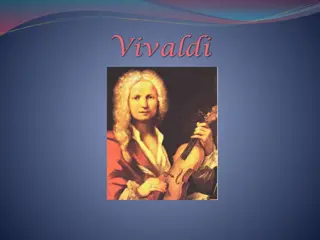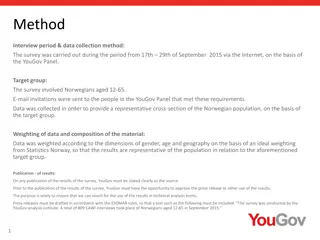Insights into Baroque Music and Vocal Techniques
Delve into the world of Baroque music, recitatives, arias, choruses, and vocal ornaments like coloratura and trills. Explore the distinctions between religious and non-religious texts, Da Capo arias, and the expressive nature of recitatives in operas and oratorios.
Download Presentation

Please find below an Image/Link to download the presentation.
The content on the website is provided AS IS for your information and personal use only. It may not be sold, licensed, or shared on other websites without obtaining consent from the author.If you encounter any issues during the download, it is possible that the publisher has removed the file from their server.
You are allowed to download the files provided on this website for personal or commercial use, subject to the condition that they are used lawfully. All files are the property of their respective owners.
The content on the website is provided AS IS for your information and personal use only. It may not be sold, licensed, or shared on other websites without obtaining consent from the author.
E N D
Presentation Transcript
S4 (Higher) S4 (Higher) BAROQUE BAROQUE MUSIC MUSIC
Recap Recap Opera Aria Chorus Oratorio Aria Chorus ReligiousText Recitative Not Acted performed in a concert hall or religious setting. Non-ReligiousText Recitative Acted on a Stage in a Theatre
Da Capo Da Capo Aria Aria Da Capo Aria an Aria in Ternary form. A section, B section followed by A section (with a few decorations!) A B A*
Da Capo Da Capo Aria Aria A B A A section followed by B then A comes back with extra decorations!
Coloratura Coloratura Coloratura singing that is very florid extra decorations (scales and ornaments) have been added in by the singer. Think back to the Da Capo Aria Coloratura describes what happens when the A theme returns!
Ornaments Ornaments Ornaments fast, decorative extra notes added to a melodic line by a singer or instrumentalist. Trill Two alternate notes repeated rapidly. Mordent the note, the note below then the first note again OR the note, the note above then the first note again Acciaccatura a short fast note played before a longer note.
Recitative Recitative Recitative vocal music in the rhythm of speech, used in operas and oratorios. A recitative is usually a short section for solo voice. Its purpose is to move the story along.
